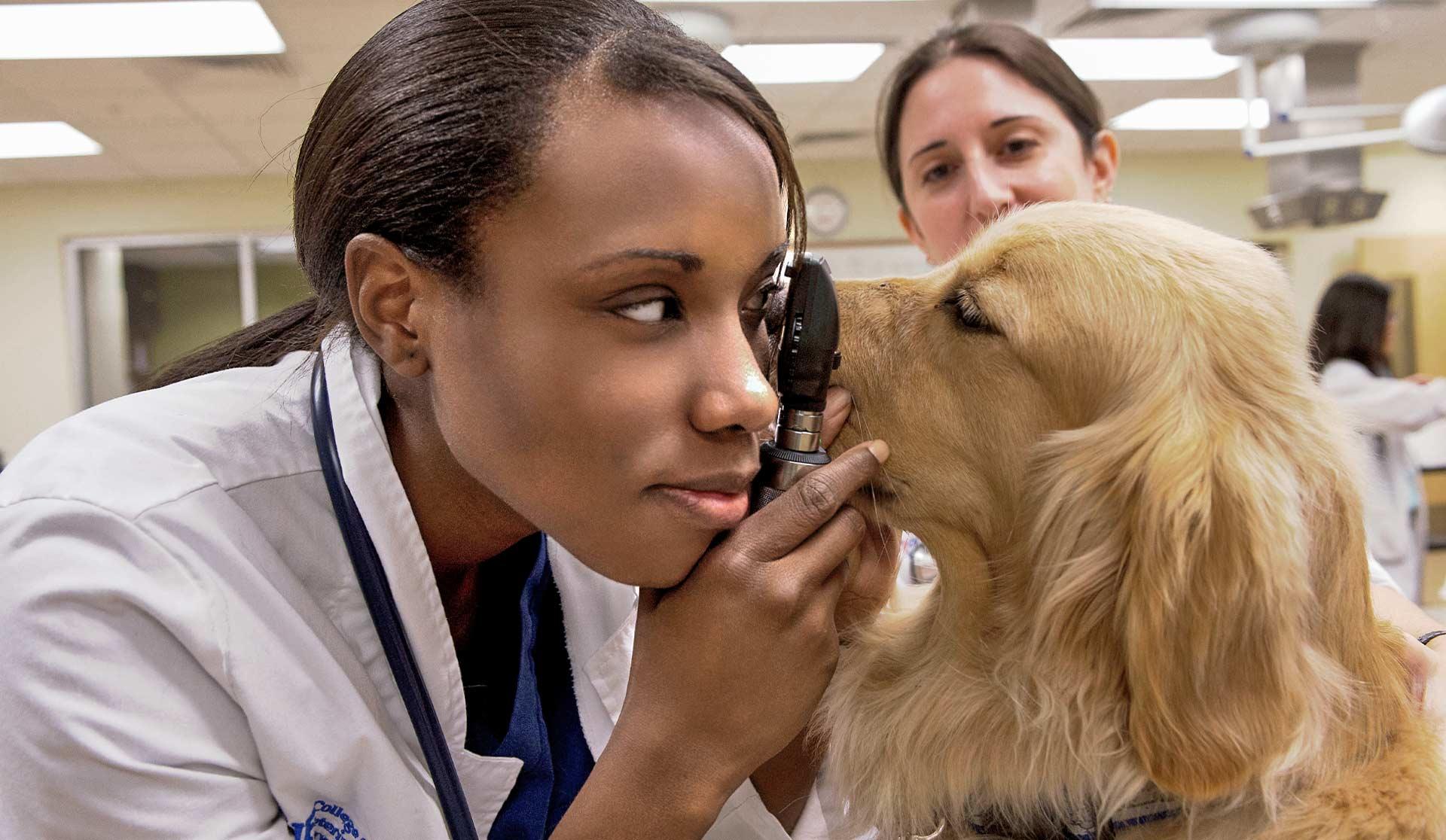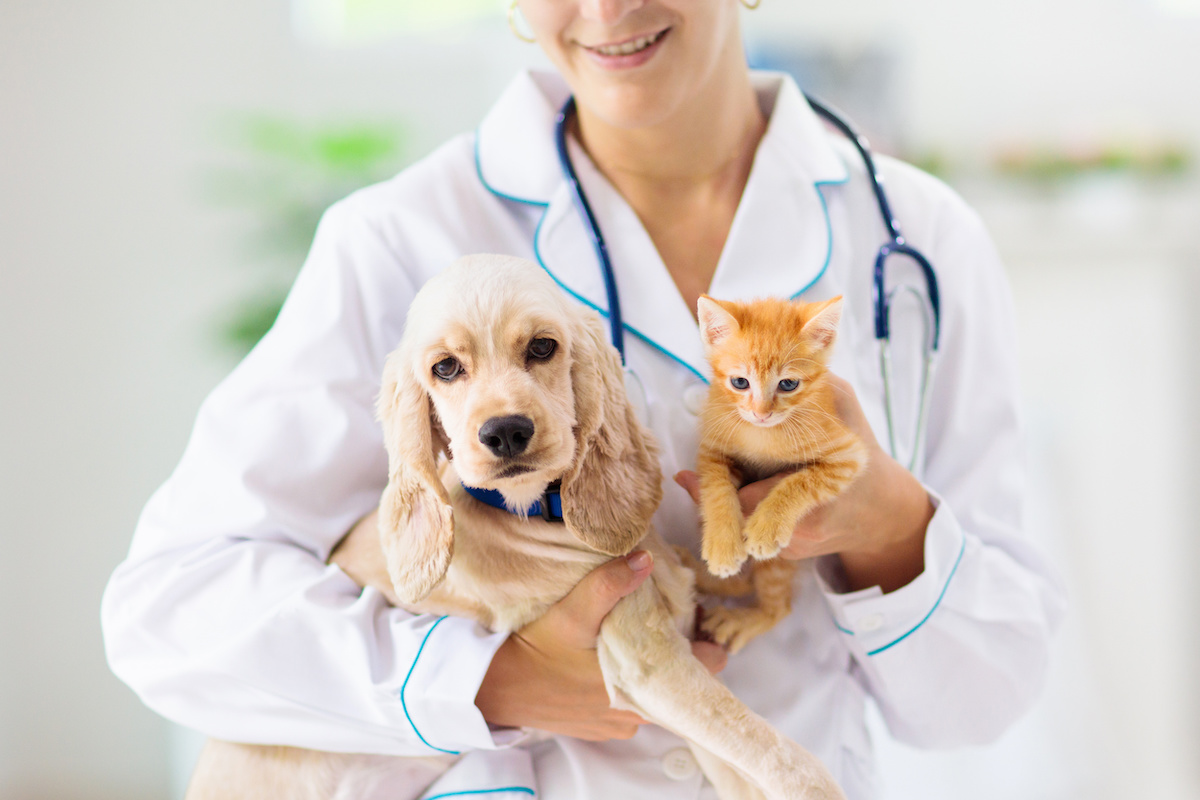The Role of Pet Vaccinations in Preventing Serious Health Issues for Your Pets
The Role of Pet Vaccinations in Preventing Serious Health Issues for Your Pets
Blog Article
Vaccination Guidelines From Your Relied On Vet
Vaccination guidelines supplied by your trusted veterinarian play a crucial function in guarding your family pet's wellness and well-being. Core vaccines are essential for all pets, while non-core vaccines can be customized to ecological direct exposures and particular way of livings. Recognizing the subtleties of vaccination timetables, which start as early as six to eight weeks, is necessary for optimal security. In addition, attending to typical false impressions bordering vaccines can better improve animal owners' self-confidence in these preventive actions. As we explore these important facets, it comes to be progressively clear why normal assessments with your vet are vital for educated decision-making.

Relevance of Vaccinations
Vaccinations play a critical duty in securing pet dogs versus a variety of avoidable illness. By promoting the body immune system to recognize and deal with certain virus, vaccinations dramatically reduce the incidence of contagious illness that can impact a family pet's health and wellness and durability. Not only do vaccinations safeguard individual pets, yet they additionally add to herd immunity, consequently lowering the general occurrence of conditions in the pet dog population.
Timely inoculations aid to reduce the spread of diseases such as rabies, parvovirus, and distemper, which can have serious consequences for both people and pet dogs. Furthermore, vaccinations are often a demand for boarding centers, grooming services, and pet dog parks, making them essential for those that wish to socialize their animals.

Core Injections for Animals
While the particular vaccination demands of pet dogs can differ based upon private factors, core injections are generally advised to safeguard versus the most typical and significant illness (Vet Enterprise). Core vaccinations are those regarded crucial for all family pets, despite their lifestyle or geographic place, as they guard versus extremely transmittable and possibly deadly health problems
For pets, the core injections include those for canine distemper, parvovirus, adenovirus (liver disease), and rabies. Canine distemper is a viral condition that impacts the respiratory, gastrointestinal, and anxious systems. Parvovirus is known for causing extreme stomach disease, especially in puppies. Adenovirus can result in liver condition, while rabies is a zoonotic condition that presents a danger to both pets and human beings.
In felines, core injections incorporate feline panleukopenia, feline calicivirus, feline herpesvirus (rhinotracheitis), and rabies. Feline panleukopenia is a very transmittable viral condition that impacts the body immune system and intestinal tracts. Calicivirus and herpesvirus are major factors to upper respiratory infections in cats, while rabies remains a critical concern for public wellness.
Speak with your veterinarian to ensure your family pets get their core inoculations on schedule.
Non-Core Vaccines Explained
Non-core vaccinations are customized to deal with certain dangers related to a family pet's atmosphere, way of life, and exposure to certain conditions. Unlike core vaccinations, which are universally suggested for all animals, non-core vaccines are thought about based upon individual circumstances. These injections are especially vital for animals like this that might run into one-of-a-kind pathogens due to their geographical location, travel behaviors, or tasks.
Instances of non-core vaccinations include those for Bordetella bronchiseptica, which is connected to kennel coughing, and Lyme disease, triggered by ticks. Family pets that often connect with other animals, such as those in boarding centers, pet parks, or grooming settings, might profit from Bordetella vaccination. Likewise, if you live in a location where Lyme condition visit is widespread, vaccinating versus this condition can be a sensible option for outdoor-loving canines.
Other non-core vaccinations may consist of those for leptospirosis, canine influenza, and feline leukemia, relying on the particular danger variables existing. It is vital to have a thorough discussion with your vet about your pet dog's way of life and the potential requirement for these injections, ensuring a tailored vaccination strategy that finest safeguards your furry close friend.
Vaccination Schedule Overview

As animals develop, it is essential to stick to the recommended booster vaccinations. Pet Health Checkup. For adult animals, core injections are commonly provided each to three years, depending on the details vaccination and local regulations. Non-core vaccines might be encouraged based on lifestyle aspects and regional condition frequency, demanding a customized technique
Normal veterinary check-ups are essential for updating inoculation timetables. Your veterinarian can give guidance on one of the most appropriate booster shots for your animal, factoring in age, wellness condition, and environmental risks. By staying proactive and notified, animal proprietors can ensure their hairy friends get reliable and timely vaccinations, thereby safeguarding their health and wellness and wellness throughout their lives.
Common Misconceptions Regarding Vaccinations
Misconceptions concerning animal vaccinations can result in complication and hesitation amongst animal proprietors concerning the immunization procedure. One prevalent misconception is that vaccines are unneeded for indoor pets. While it's real that indoor family pets encounter reduced threats, they are not completely unsusceptible to diseases, as microorganisms can be presented with various means, consisting of human clothing and other animals.
One more mistaken belief is that injections can trigger the conditions they aim to avoid. In reality, the majority of vaccines include inactivated or undermined pathogens, which can not trigger disease in healthy and balanced animals. Some pet proprietors likewise think that their animals should not be vaccinated if they are currently healthy; however, inoculations are a positive action that aids protect against the onset of illness.
Furthermore, several family pet owners fear that vaccines will certainly lead to lasting wellness complications. The benefits of inoculation-- shielding animals from possibly dangerous conditions-- far outweigh the dangers.
Conclusion
In summary, adherence to inoculation standards is important for ensuring the health and wellness and durability of pets. Dispelling usual myths surrounding vaccinations better reinforces the relevance of educated decision-making in read this post here animal treatment.
Not only do inoculations shield specific animals, yet they also add to herd resistance, therefore reducing the overall frequency of conditions in the family pet population.
Misunderstandings about animal vaccinations can lead to confusion and unwillingness among animal owners pertaining to the immunization process. While it's real that indoor animals encounter reduced threats, they are not entirely immune to illness, as pathogens can be introduced via different ways, consisting of human clothing and other animals.
Some pet proprietors additionally believe that their pets should not be immunized if they are already healthy and balanced; nonetheless, vaccinations are an aggressive measure that helps prevent the onset of disease.
The benefits of vaccination-- protecting pet dogs from potentially dangerous illness-- much exceed the dangers.
Report this page